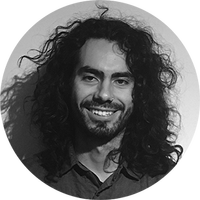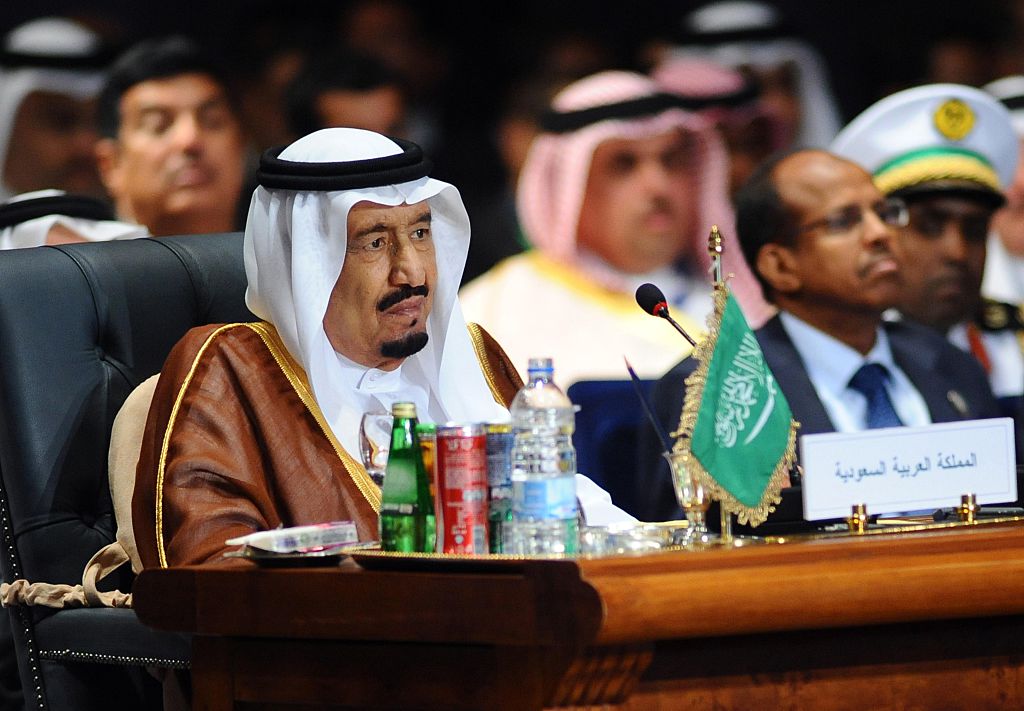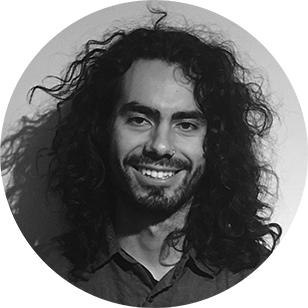Saudi Arabia creates global body of religious scholars to fight extremism


A free daily email with the biggest news stories of the day – and the best features from TheWeek.com
You are now subscribed
Your newsletter sign-up was successful
King Salman of Saudi Arabia, the birthplace of Islam, announced Wednesday the formation of a religious authority of Islamic scholars from around the world that would vet the use of "hadiths" — the accounts of the life, doings, and sayings of the Prophet Muhammad.
Hadiths are used by preachers, scholars, and Islamic jurists to teach different interpretations of Islam. Terrorist groups like the Islamic State, al Qaeda, and the Taliban have all used different hadiths to justify their own ideologies and actions, as there are thousands of versions. Saudi Arabia's Culture and Information Ministry said Wednesday that the establishment of this religious authority would "eliminate fake and extremist texts and any texts that contradict the teachings of Islam and justify the committing of crimes, murders, and terrorist acts."
Saudi Arabia has long subsidized the international exportation of madrassas, or Islamic religious schools, that teach Wahhabism, a rigid and puritanical Sunni interpretation of Islam. In a leaked email from 2009, then-Secretary of State Hillary Clinton referred to Saudi donors as "the most significant source of funding to Sunni terrorist groups worldwide." In September, Saudi authorities arrested more than 20 clerics and intellectuals for their connections to "external entities, including the Muslim Brotherhood."
The Week
Escape your echo chamber. Get the facts behind the news, plus analysis from multiple perspectives.

Sign up for The Week's Free Newsletters
From our morning news briefing to a weekly Good News Newsletter, get the best of The Week delivered directly to your inbox.
From our morning news briefing to a weekly Good News Newsletter, get the best of The Week delivered directly to your inbox.
It is estimated that approximately 10 to 15 percent of Saudi Arabia's population practices Shia Islam, a branch of the religion that expressly contradicts many of the beliefs of Sunni Islam. Shiites in Saudi Arabia have long been targets of harassment and discrimination; in August, Saudi Arabia drew fierce criticism from the U.S. and Europe when it executed 14 Shiites who had been arrested for demonstrating in 2011 and 2012.
A free daily email with the biggest news stories of the day – and the best features from TheWeek.com
Kelly O'Meara Morales is a staff writer at The Week. He graduated from Sarah Lawrence College and studied Middle Eastern history and nonfiction writing amongst other esoteric subjects. When not compulsively checking Twitter, he writes and records music, subsists on tacos, and watches basketball.
-
 ‘The mark’s significance is psychological, if that’
‘The mark’s significance is psychological, if that’Instant Opinion Opinion, comment and editorials of the day
-
 How did ‘wine moms’ become the face of anti-ICE protests?
How did ‘wine moms’ become the face of anti-ICE protests?Today’s Big Question Women lead the resistance to Trump’s deportations
-
 Currencies: Why Trump wants a weak dollar
Currencies: Why Trump wants a weak dollarFeature The dollar has fallen 12% since Trump took office
-
 Nobody seems surprised Wagner's Prigozhin died under suspicious circumstances
Nobody seems surprised Wagner's Prigozhin died under suspicious circumstancesSpeed Read
-
 Western mountain climbers allegedly left Pakistani porter to die on K2
Western mountain climbers allegedly left Pakistani porter to die on K2Speed Read
-
 'Circular saw blades' divide controversial Rio Grande buoys installed by Texas governor
'Circular saw blades' divide controversial Rio Grande buoys installed by Texas governorSpeed Read
-
 Los Angeles city workers stage 1-day walkout over labor conditions
Los Angeles city workers stage 1-day walkout over labor conditionsSpeed Read
-
 Mega Millions jackpot climbs to an estimated $1.55 billion
Mega Millions jackpot climbs to an estimated $1.55 billionSpeed Read
-
 Bangladesh dealing with worst dengue fever outbreak on record
Bangladesh dealing with worst dengue fever outbreak on recordSpeed Read
-
 Glacial outburst flooding in Juneau destroys homes
Glacial outburst flooding in Juneau destroys homesSpeed Read
-
 Scotland seeking 'monster hunters' to search for fabled Loch Ness creature
Scotland seeking 'monster hunters' to search for fabled Loch Ness creatureSpeed Read
